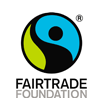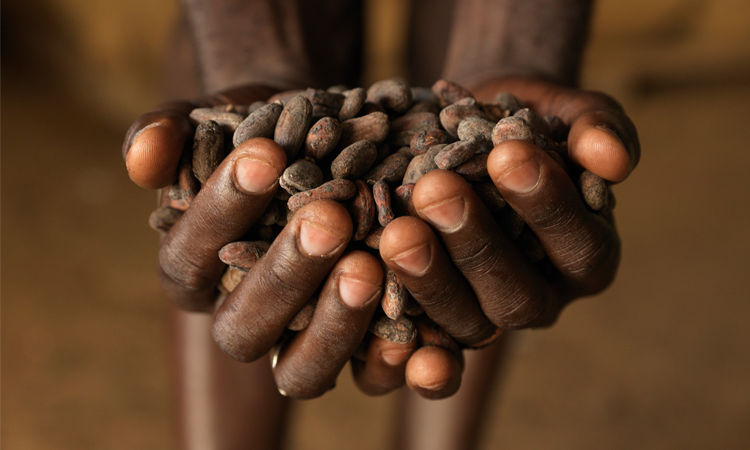This is a call that Fairtrade supporters will be familiar with and as we celebrate 25 years of the Fairtrade mark this year, there is a lot of learning around this ambition that the Fairtrade movement can share.
Companies embracing the Modern Slavery Act
But what was so encouraging this time around was to hear this call for consumer action, coupled with some strong announcements on policy, that should make it easier for companies that want to do the right thing, and start to penalise those that resist. Our experience of the Modern Slavery Act – in relation to business and the section referred to as ‘transparency in supply chains’ (TISC), has to date been mixed. Some companies, including many of our Fairtrade partners, have taken the opportunity to take a serious look at their supply chains and to think about how they can take additional steps to minimise the risks of slavery and child labour. The most forward-thinking companies are already going beyond the legal requirements, to consider wider human rights risks, become more transparent about where they source from, and to think about positive solutions such as improved purchasing practices and the payment of fair prices to support living incomes and wages.
Modern Slavery Act needs to go further
However, it is also important to recognise that the Modern Slavery Act needs strengthening – and that it still allows companies to get away with doing not very much at all. Many published statements remain of poor quality and recent analysis has shown that 29% of the government’s own largest suppliers(1), are themselves non-compliant with the Act. This is why the Fairtrade Foundation, along with a whole host of other civil society organisations, recently signed an open letter(2), calling for the government to improve the Act in response to recommendations made in the recently published Independent Review(3). In the Prime Minister’s speech, we had confirmation that the government will now move to set up a central registry of Modern Slavery statements, a very welcome move. Theresa May also talked about strengthening and improving the statements required of big business, and of expanding the law to cover the public sector. These were both recommendations of the Independent Review and we look forward to seeing the detail of government proposals in these areas, alongside the government’s response to the recommendation on meaningful sanctions.
Legislation across Europe
It was also interesting to hear the Prime Minister refer to the recently adopted Child Labour Due Diligence Bill in the Netherlands. This legislation is part of a growing trend across Europe to embrace mandatory Human Rights Due Diligence (HRDD) measures, that require companies not only to produce statements, but to clearly set out the steps that they are taking to identify, prevent, mitigate and account for how they are addressing human rights impacts in their supply chains. Another recent victory has been won by Finnish campaigners, including our friends from Fairtrade Finland, who successfully campaigned ahead of their parliamentary election for a corporate responsibility law to be included in a new government programme.
Changes in UK Government
The Prime Minister also included within her speech a strong defence of UK Aid, the UK’s legally enshrined commitment to spend 0.7% of GNI on Official Development Assistance (ODA). She made a pledge to fund a £10m programme aimed at reducing the exploitation of boys and girls across the agricultural sector in Africa. This is a hugely welcome statement, at a time when some leading contenders for the Conservative Party Leadership have mooted cutting back the aid budget, and even suggested scrapping the Department for International Development (DFID). Whilst much of the focus of the next few weeks is likely to be on the candidates’ ‘Brexit positions’, Fairtrade will be watching closely to see how committed a new PM will be to the UK’s promises on international development, on the eradication of Modern Slavery and (of course) on Fair Trade.
References:
(1) Reuters: UK urged to ‘lead by example’ on slavery as top state suppliers flout law
(2) Open letter: Modern Slavery Act Review Statement
(3) Independent Review of the Modern Slavery Act 2015: Final Report




